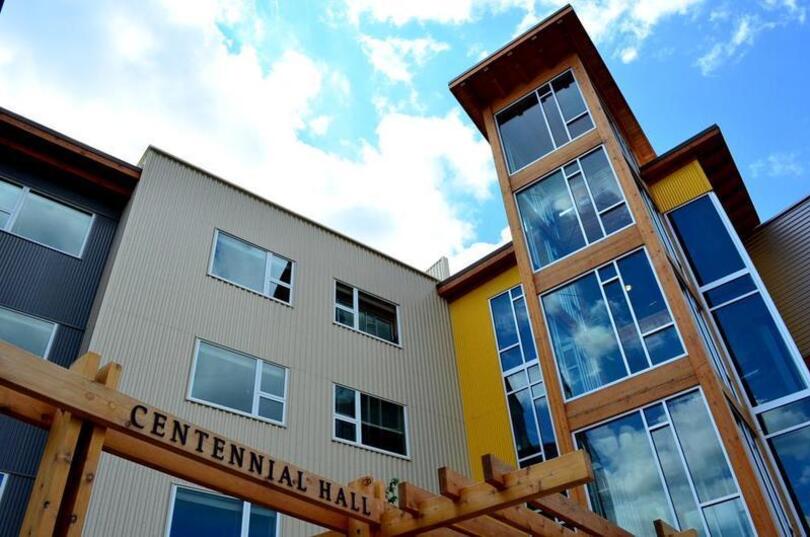SUNY-ESF response to coronavirus not strong enough

Daily Orange File Photo
On Tuesday, Syracuse University announced that classes will be held online from March 23 until at least March 30 in response to the coronavirus’ spread.
With more cases of coronavirus, a respiratory disease, emerging in the state of New York, this decision was made in order to ensure health and safety of students and faculty campus wide.
However, SUNY-ESF has not made a statement on whether classes will be transferring online as well. Seeing as how SU announced the on-campus class suspension today, SUNY-ESF’s response is weak and lacking the proper communication with students to keep them safe and healthy.
Coronavirus, formally known as COVID-19, is a widespread respiratory infection that has infected over 100,000 people worldwide. There have been 4,000 deaths globally. More than 1,000 of the cases are in the United States, and there are over 170 cases in New York, as of Tuesday.
Gov. Andrew Cuomo declared a state of emergency on Saturday as a response to the rapid rate in which COVID-19 is spreading. He said the more cases they discover the better, which can be interpreted many ways. Statements regarding the status of the coronavirus should be based solely on data, as to not lead to the circulation of misinformation, which has occurred throughout the state, including at SUNY-ESF.
SUNY-ESF is posting coronavirus updates online, but students are not receiving any emails or updates via other social media platforms.
SU has been giving its students information, such as moving all classes online until at least March 30.
According to the SU communications, these students will have access to campus services, although these services may be limited and reduced. Students who currently occupy dorms are not allowed to return until the suspension has been lifted.
In response to this outcome, a Rapid Online Course Development Guide has been created to support faculty in the sudden transition to online courses. This guide will also help faculty with the process of creating successful online modules to engage students with the materials to meet the course learning objectives.
SUNY-ESF does not seem to have the resources available to move to online courses as fast as SU is able to, but this is an action that needs to be taken in order to secure the safety and wellbeing of the students and faculty.
The infection has spread at an unprecedented rate, and cautionary acts like suspending on-campus classes — even if it is only for a short period of time — are important in the effort to help keep students and faculty members safe. SUNY-ESF should take action and inform its students of what those actions are quickly.
Samantha Kolb is an environmental studies major at SUNY-ESF. Her column appears bi-weekly. She can be reached at sakolb@syr.edu. She can be followed on Twitter at @SamiiKolby.




